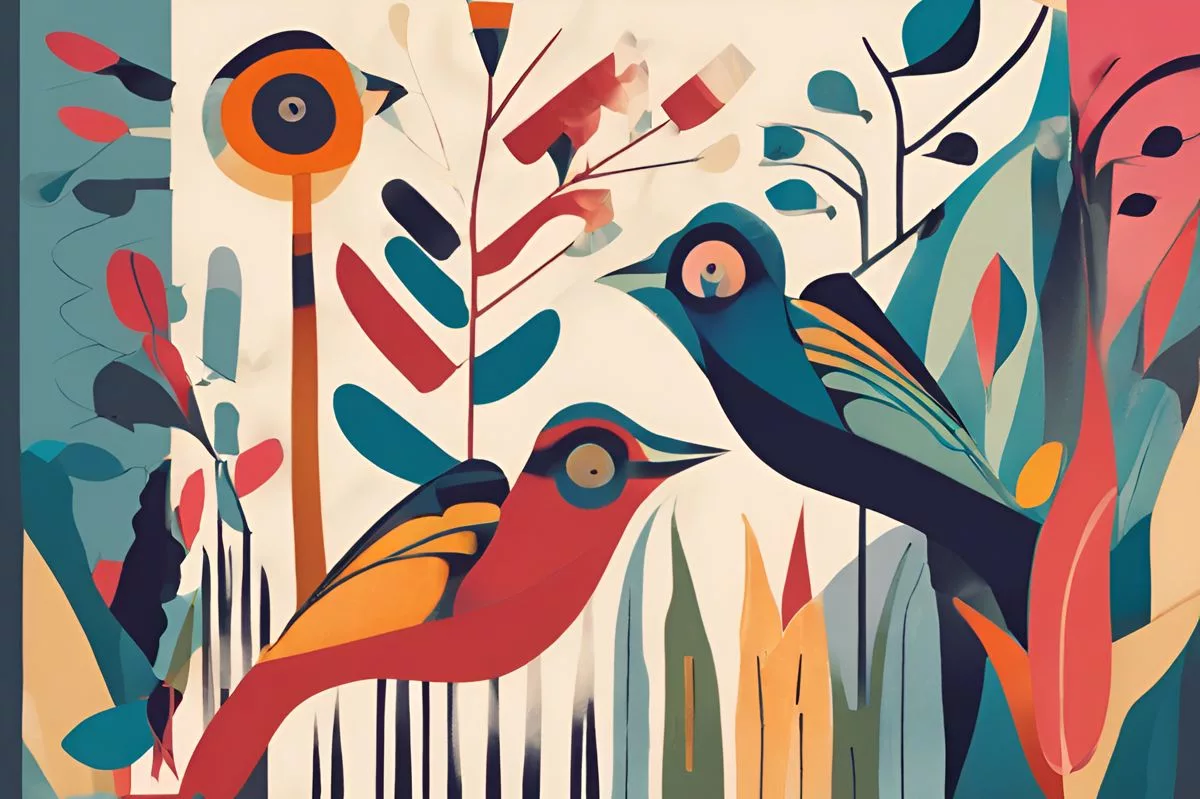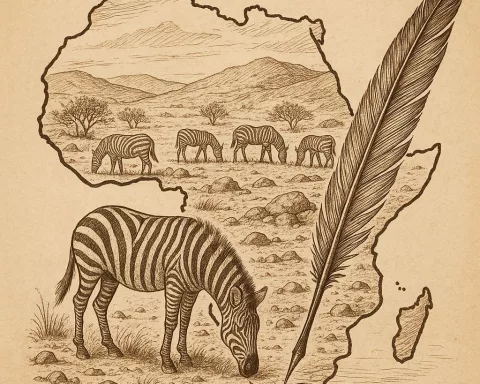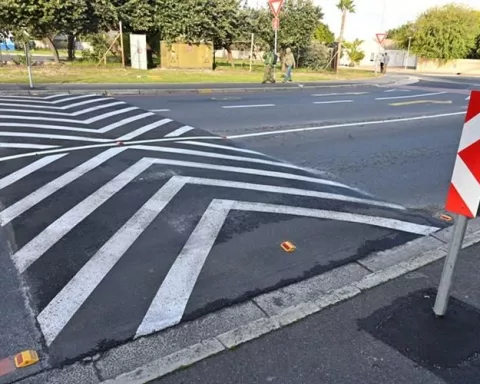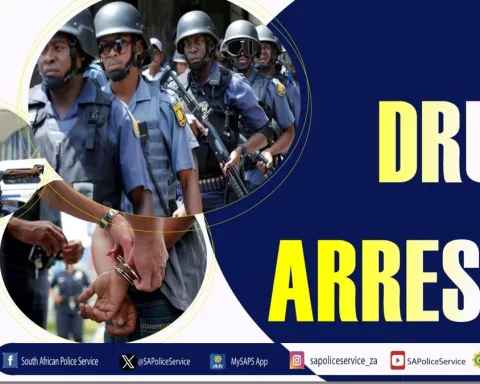Cape Town is calling on organizations to join the Protected Area Advisory Committees to help preserve nature reserves and their unique biodiversity. These committees facilitate communication and partnerships between local communities, interest groups, and the City, playing a fundamental role in managing the City’s nature reserves. The makeup of the committees reflects diversity and inclusivity, and they oversee a variety of nature reserves, each with picturesque landscapes. Cape Town’s initiative stands as a hopeful model for community participation in environmental conservation.
How is Cape Town conserving its natural beauty?
Cape Town City is welcoming organizations to join the Protected Area Advisory Committees (PAACs) to help maintain the city’s natural habitats. These committees facilitate communication and partnerships between local communities, interest groups, and the City, playing a fundamental role in managing the City’s nature reserves. The PAACs’ makeup reflects the diversity and inclusivity inherent in their structure, and they oversee a variety of nature reserves, each with unique biodiversity and picturesque landscapes. Cape Town’s initiative stands as a hopeful model for community participation in environmental conservation.
The present world is grappling with an array of environmental crises, ranging from the unsettling reality of climate change to the alarming loss of biodiversity. It has never been so crucial for us to maintain our ties with nature and places of pristine beauty. The city of Cape Town, a treasure trove of natural wonders, serves as a powerful reminder of public participation’s significance in safeguarding its nature reserves.
Welcoming Community Engagement in Conservation Efforts
Cape Town City has issued a call to organizations and interest bodies to join the Protected Area Advisory Committees (PAACs). This move underscores the essential function these entities play in maintaining the city’s natural habitats. Applications are due by May 17, 2024, offering an appeal to those who are enthusiastic about preserving the city’s natural charm.
The PAACs, born out of a community-centered approach, have proven their ability to nurture dialogue, facilitate communication, and cultivate partnerships between local communities, interest groups, and the City. Deputy Mayor and Mayoral Committee Member for Spatial Planning and Environment, Eddie Andrews, recognizes the advisory committees as fundamental in fostering robust community participation in managing the City’s nature reserves.
Embracing Diversity and Expertise in Conservation Committees
The makeup of the PAACs reflects the diversity and inclusivity inherent in their structure. The committees consist of delegates from a range of officially established user groups and organizations, representing their respective entities rather than individual interests. Periodically, the City also brings on board specialist advisory members, thereby augmenting the knowledge and expertise within the PAACs. Compliant with the Protected Areas Act, the committees run on a three-year term, the membership for which is presently open for renewal and fresh applications.
Stewardship of Nature Reserves: A Community Responsibility
The PAACs oversee a variety of nature reserves, each flourishing with unique biodiversity and picturesque landscapes. Notable among these are the scenic Blaauwberg, peaceful Bracken, verdant Durbanville, and the lush False Bay, to name a few. Each reserve serves as a haven for local wildlife, a retreat from urban encroachments, and a testament to Cape Town’s dedication to environmental conservation.
Alderman Andrews brilliantly encapsulates the value of these natural spaces as an escape from urban turmoil, a beacon of hope for conserving biodiversity, and an arena for discovery and education. The reserves are zones of communal guardianship, where every visitor and user plays a vital role. Through the PAACs, Cape Town has facilitated a platform for joint involvement and contribution to the protection of these natural jewels.
Initiation Into Environmental Preservation: Time to Get Involved
In a global context where environmental conservation is increasingly urgent, Cape Town’s initiative stands as a hopeful model. It illustrates the potential of community participation in the stewardship of nature reserves and the reciprocal relationship between communities and natural environments. The City’s invitation to organizations to join the PAACs reaffirms this commitment and appeals for collective effort in this essential cause.
For those keen on making a difference and contributing to Cape Town’s natural beauty’s preservation, the City has shared the necessary information and application forms on its official website. Applications can also be submitted via email to the specified address. Now is the time to seize this opportunity, to actively participate, and to give back to nature for the benefit of generations to come.
A Journey Towards Conservation: A Collective Responsibility
Let’s bear in mind that nature conservation is a shared responsibility, a path we tread together. Through the PAACs, Cape Town City has given us a chance to participate in this journey and join a community devoted to preserving the city’s natural heritage. We should take full advantage of this chance; after all, as Baba Dioum noted in 1968, “In the end, we will conserve only what we love; we will love only what we understand and we will understand only what we are taught.”
Let us unite to make a meaningful impact. The future of our nature reserves depends on our collective action.
What are the Protected Area Advisory Committees (PAACs)?
The PAACs are committees established by Cape Town City to facilitate communication and partnerships between local communities, interest groups, and the City, playing a fundamental role in managing the City’s nature reserves. They oversee a variety of nature reserves, each with unique biodiversity and picturesque landscapes.
Who can join the PAACs?
The PAACs welcome organizations and interest bodies to join. The committees consist of delegates from a range of officially established user groups and organizations, representing their respective entities rather than individual interests. Periodically, the City also brings on board specialist advisory members, thereby augmenting the knowledge and expertise within the PAACs.
What is the makeup of the PAACs?
The makeup of the PAACs reflects the diversity and inclusivity inherent in their structure. The committees consist of delegates from a range of officially established user groups and organizations, representing their respective entities rather than individual interests. Periodically, the City also brings on board specialist advisory members, thereby augmenting the knowledge and expertise within the PAACs.
What nature reserves do the PAACs oversee?
The PAACs oversee a variety of nature reserves, including Blaauwberg, Bracken, Durbanville, False Bay, and others. Each reserve serves as a haven for local wildlife, a retreat from urban encroachments, and a testament to Cape Town’s dedication to environmental conservation.
Why is community engagement important in conservation efforts?
Community engagement is crucial in conservation efforts because it fosters dialogue, facilitates communication, and cultivates partnerships between local communities, interest groups, and the City. Cape Town’s initiative stands as a hopeful model for community participation in the stewardship of nature reserves and the reciprocal relationship between communities and natural environments.
How can I get involved in Cape Town’s conservation efforts?
For those keen on making a difference and contributing to Cape Town’s natural beauty’s preservation, the City has shared the necessary information and application forms on its official website. Applications can also be submitted via email to the specified address. Now is the time to seize this opportunity, to actively participate, and to give back to nature for the benefit of generations to come.












